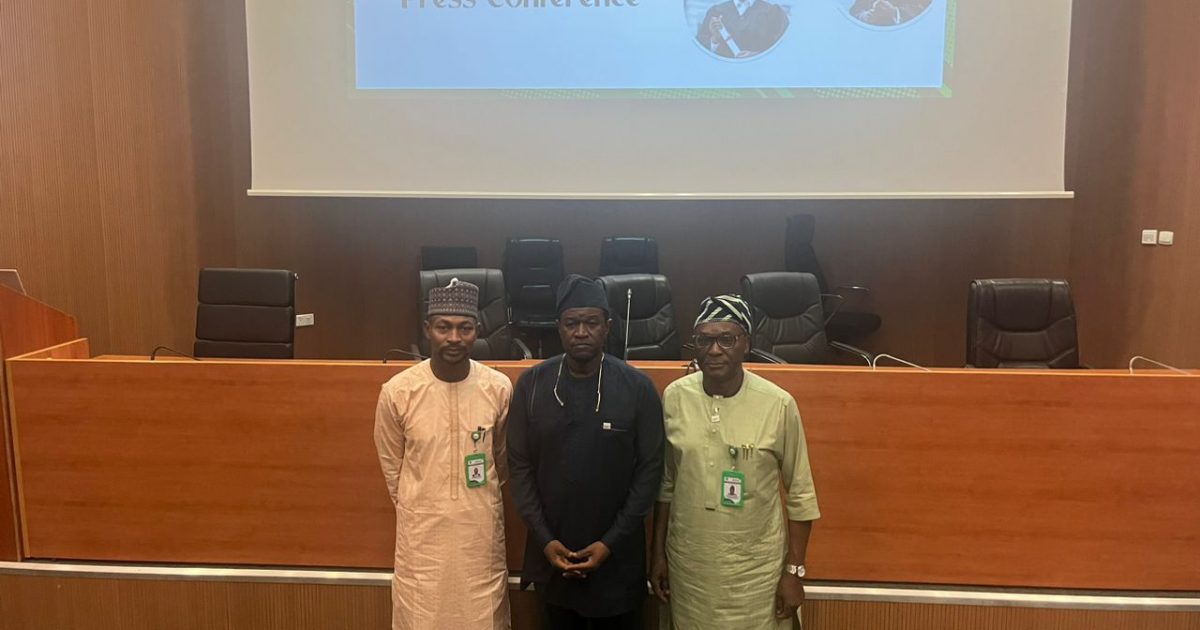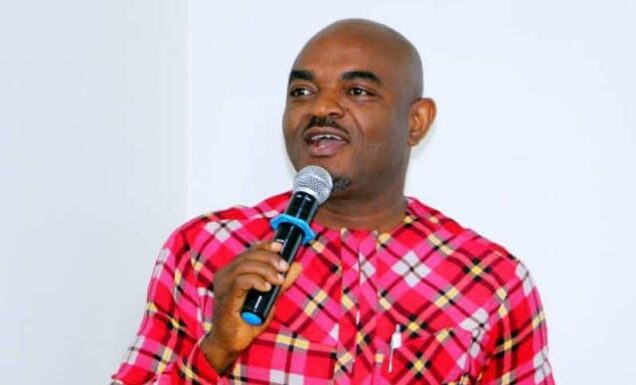A Brazilian Supreme Court panel on Monday unanimously upheld the decision of one of its justices to block billionaire Elon Musk’s social media platform X nationwide, according to the court’s website.
The broader support among judges undermines the effort by Musk and his supporters to cast Justice Alexandre de Moraes as an authoritarian renegade who is intent on censoring political speech in Brazil.
The panel that voted in a virtual session was composed of five of the full bench’s 11 justices, including de Moraes, who last Friday ordered the platform blocked for refusing to name a local legal representative, as required by law. It will stay suspended until the company complies with his orders and pays outstanding fines that as of last week exceeded $3 million US, according to his decision.
The platform has clashed with de Moraes over its reluctance to block users and has alleged that the judge wants an in-country legal representative so that Brazilian authorities can exert leverage over the company by having someone to arrest.
De Moraes also set a daily fine of 50,000 reais ($12,000 Cdn) for people or companies using virtual private networks, or VPNs, to access X, formerly Twitter. Some legal experts questioned the grounds for that decision and how it would be enforced, including Brazil’s bar association, which said it would ask the Supreme Court review that provision.

But the majority of the court’s panel upheld the VPN fine — with one judge opposing it unless users are shown to be using X to commit crimes.
Brazil is one of the biggest markets for X, with tens of millions of users. Blocking it marked a dramatic escalation in a months-long feud between Musk and de Moraes over free speech, far-right accounts and misinformation.
Scrap over Starlink
The suspension has also proceeded to set up a showdown between de Moraes and Musk’s satellite internet provider, Starlink, which is refusing to enforce the judge’s decision.
“He violated the constitution of Brazil repeatedly and egregiously, after swearing an oath to protect it,” Musk wrote in the hours before the vote, adding a flurry of insults and accusations in the wake of the court’s decision. On Sunday, Musk announced the creation of an X account to publish the judge’s sealed decisions that he said would show they violated Brazilian law.
But legal experts have said such claims don’t hold water, noting in particular that de Moraes’s peers have repeatedly endorsed his rulings — as they did on Monday. Although the judge’s actions are viewed by experts as legal, they have sparked some debate over whether one man has been afforded too much power or if his rulings should have more transparency.
De Moraes’s decision to quickly refer his order to the panel for approval served to obtain “collective, more institutional support that attempts to depersonalize the decision,” Conrado Hübner, a constitutional law expert at the University of Sao Paulo, told The Associated Press.

It is standard for a justice to refer such cases to a five-member panel, Hübner said. In exceptional cases, the justice also could refer the case to the full bench for review. Had de Moraes done the latter, two judges who have questioned his decisions in the past — appointees of former right-wing president Jair Bolsonaro — would have had the opportunity to object to or hinder a vote in de Moraes’s favour.
X’s suspension already led de Moraes last week to freeze the Brazilian financial assets of Starlink as a means to force it to cover the platform’s fines — reasoning that the two companies are part of the same economic group. The company says it has more than 250,000 clients in Brazil.
Legal experts have questioned the legal basis of that move, and Starlink’s law firm, Veirano, has told the AP it has appealed the freeze. It declined to comment further.
In a show of defiance, Starlink informally told the telecommunications regulator Anatel that it will not block access to X until its financial accounts are unfrozen, Anatel’s press office said in an email to the AP. Starlink didn’t respond to a request for comment.
“If I’m not mistaken, it was a WhatsApp message that the legal representative of Starlink sent to the president of Anatel, forwarding a message from the company in the United States,” Artur Coimbra, a board member of Anatel, said on a video call from his office in Brasilia, Brazil’s capital.
That communication doesn’t hold legal value as conclusive evidence of non-compliance but prompted the telecommunications regulator to conduct inspections on Monday.
Coimbra said Anatel would finish an inspection report by the end of the day and then send it to the Supreme Court. He added that the maximum sanction for a telecom company would be revocation of its licence. If Starlink loses its licence and continues providing service, it would be committing a crime. Anatel could seize equipment from Starlink’s ground stations in Brazil that ensure the quality of its internet service, he said.
Elon Musk’s new satellite internet service is being tested by some Canadians in rural and remote parts of the country. It’s supposed to give them a good quality, high-speed internet connection, but it’s not cheap and some say the low-orbit Starlink satellites are ruining their view of the night sky.
The ground stations receive and transmit data between satellites and the Earth. When a user accesses the internet via satellite, the data request is sent to the satellite, which then forwards it to the ground station connected to the global internet network.
That means a shutdown of Starlink is likely, although enforcement will be difficult given the company’s satellites aren’t inside national territory, said Luca Belli, co-ordinator of the Technology and Society Center at the Getulio Vargas Foundation. It is popular in Brazil’s expansive rural and forested areas.
Anatel president Carlos Baigorri told local media GloboNews late Sunday afternoon that he has relayed Starlink’s decision to Justice de Moraes.
“It is highly probable there is a political escalation,” because Starlink is “explicitly refusing to comply with orders, national laws,” said Belli, who is also a professor at the Getulio Vargas Foundation’s law school.







